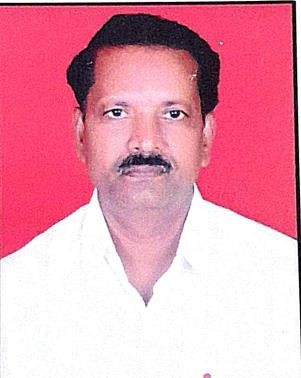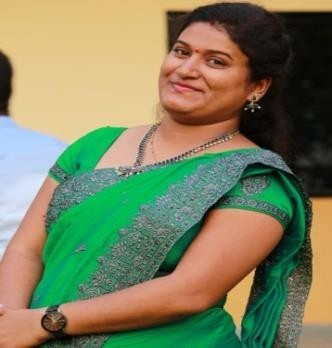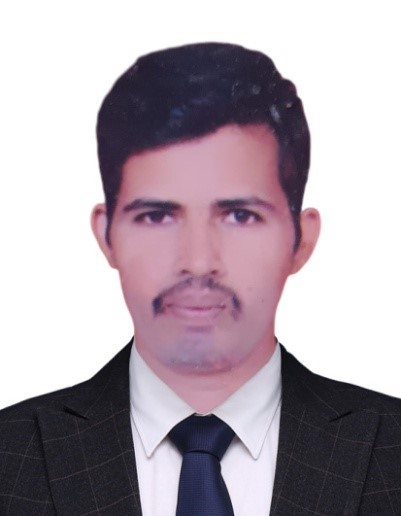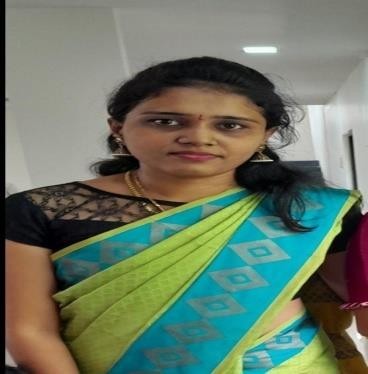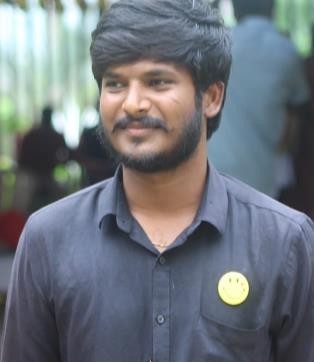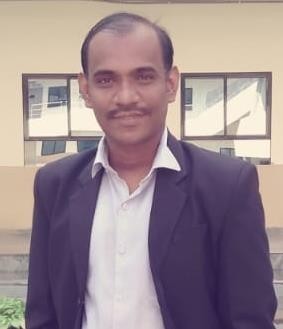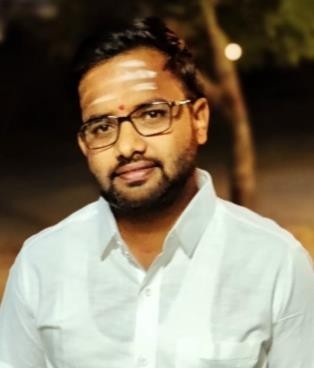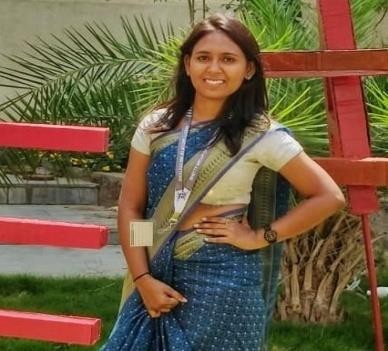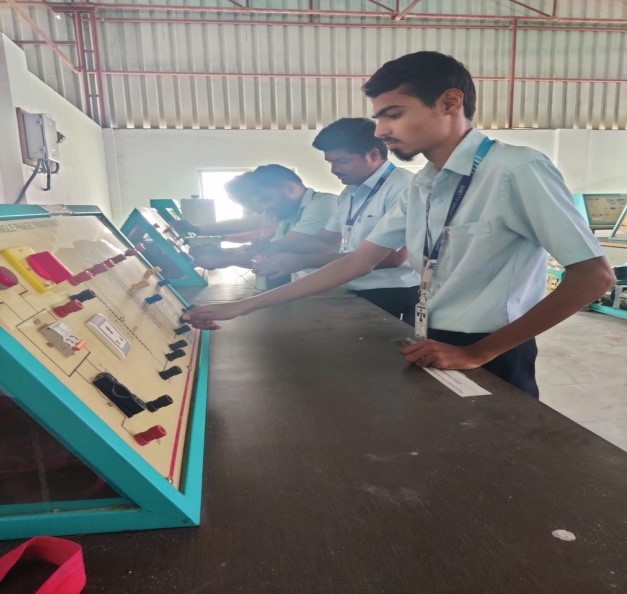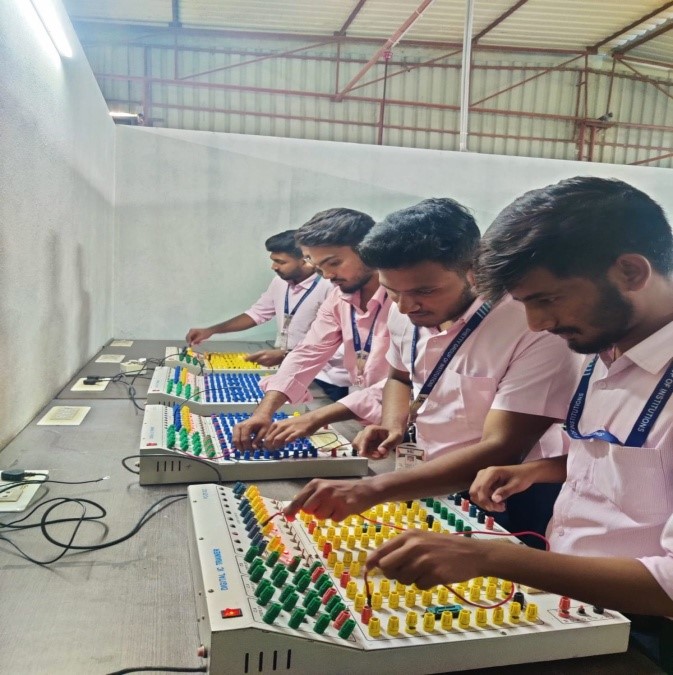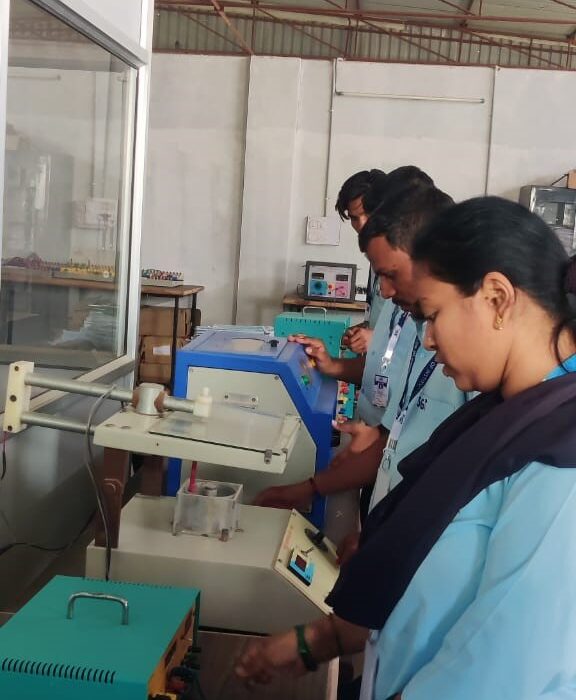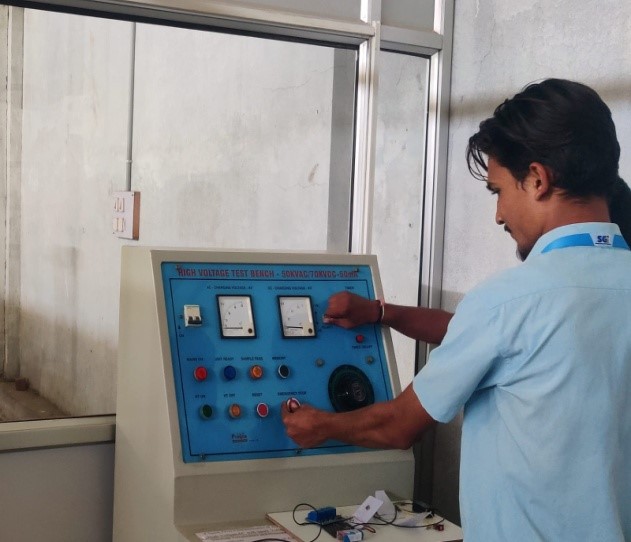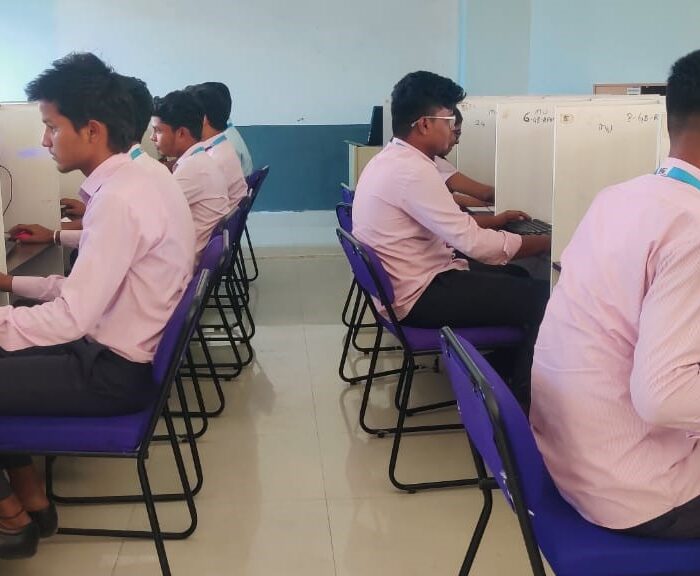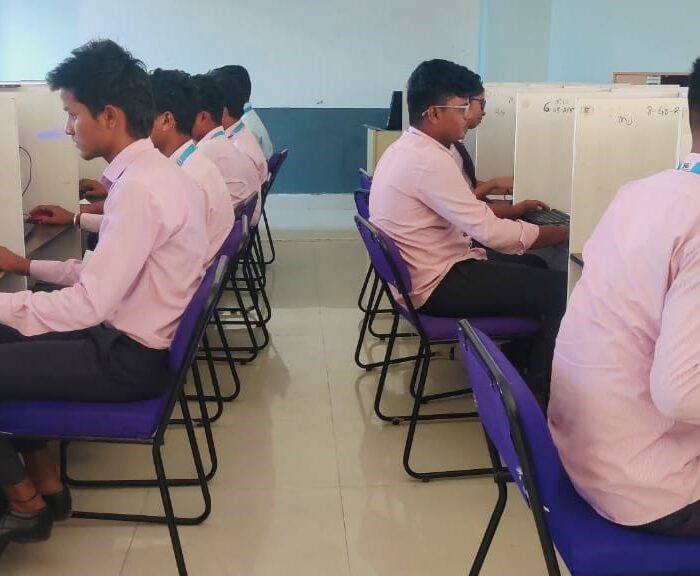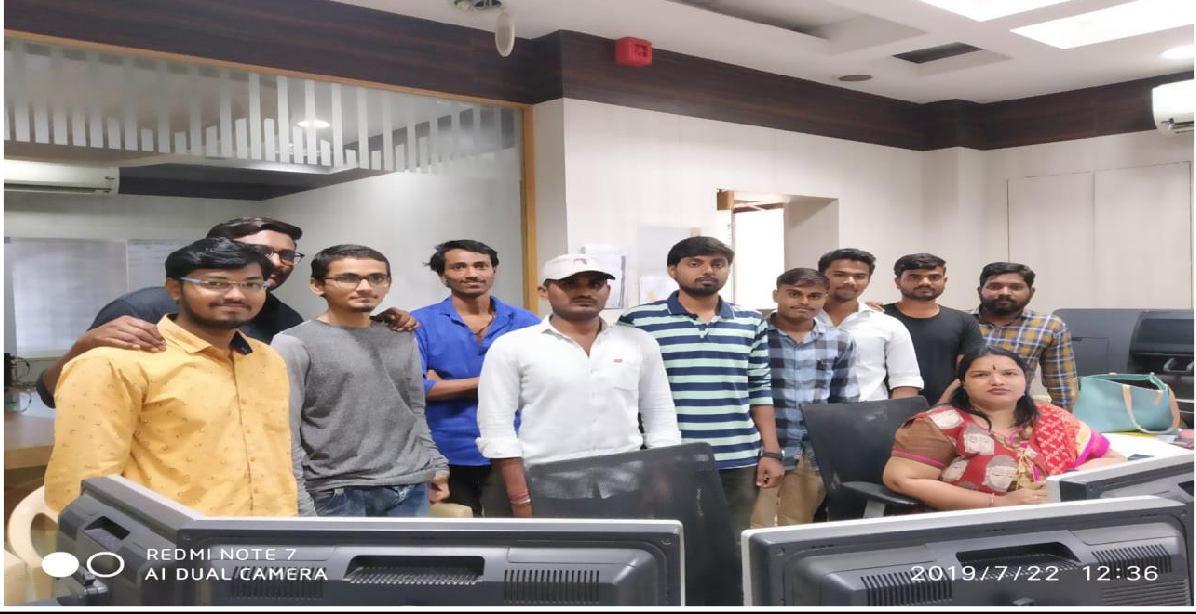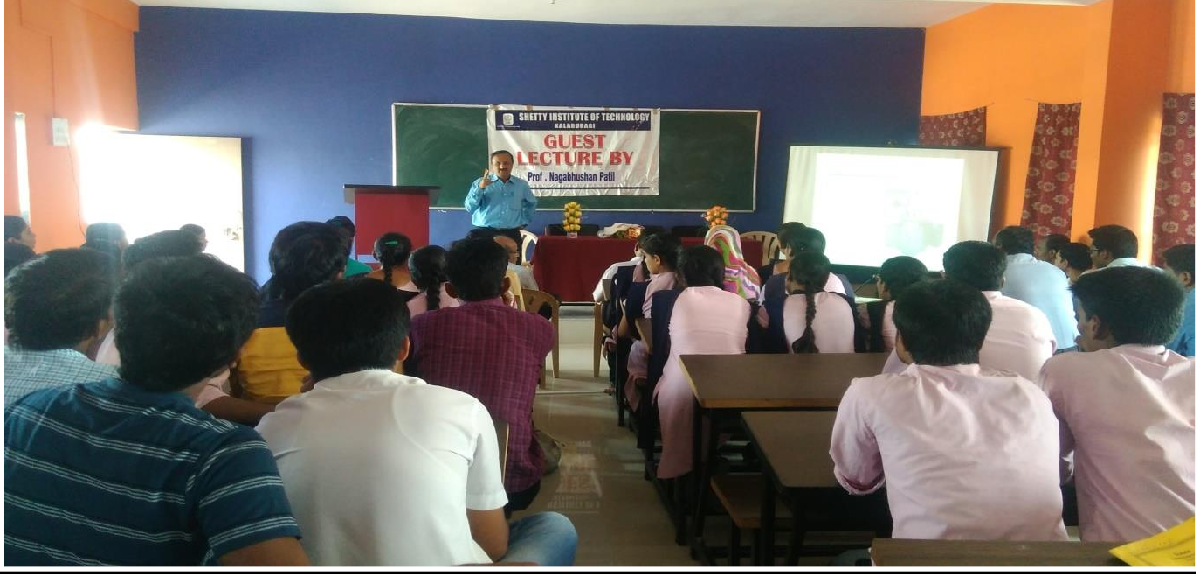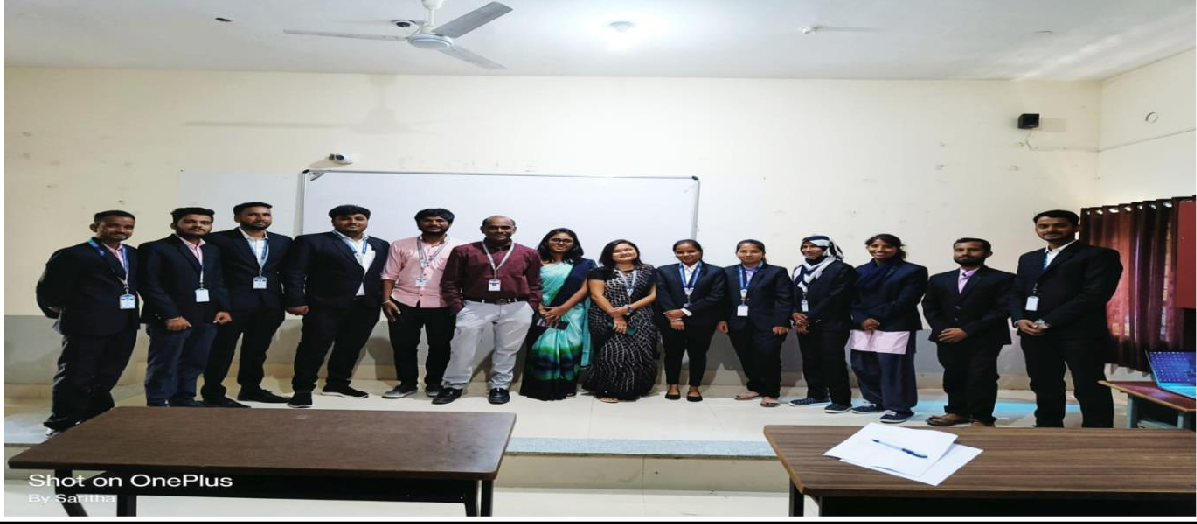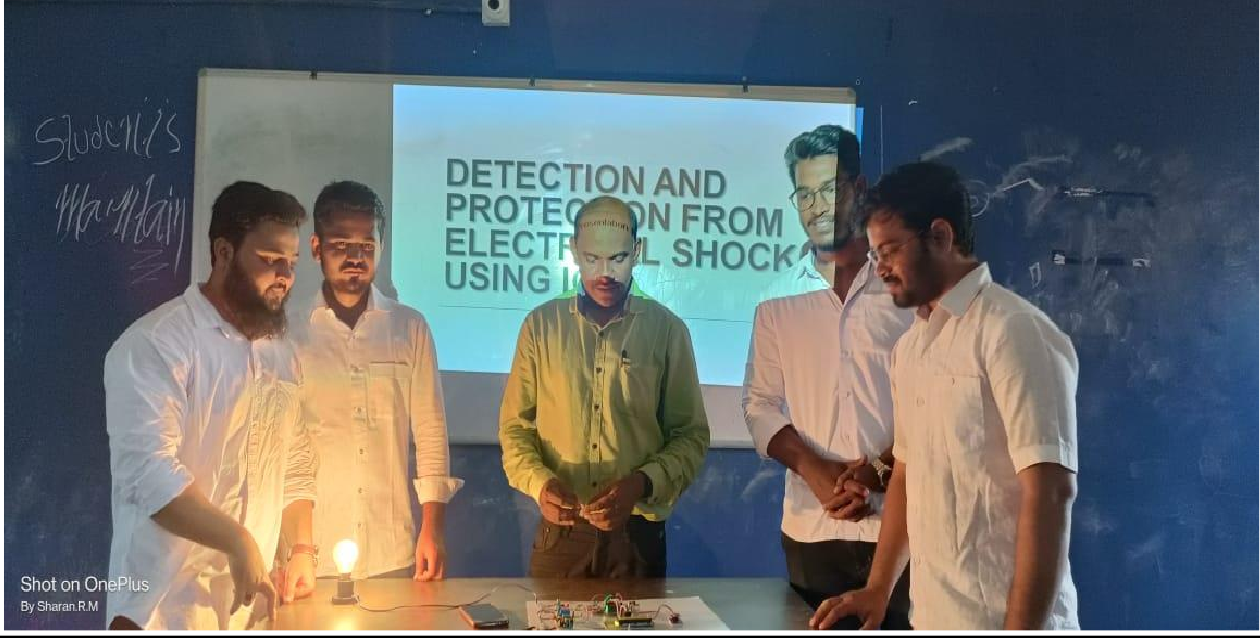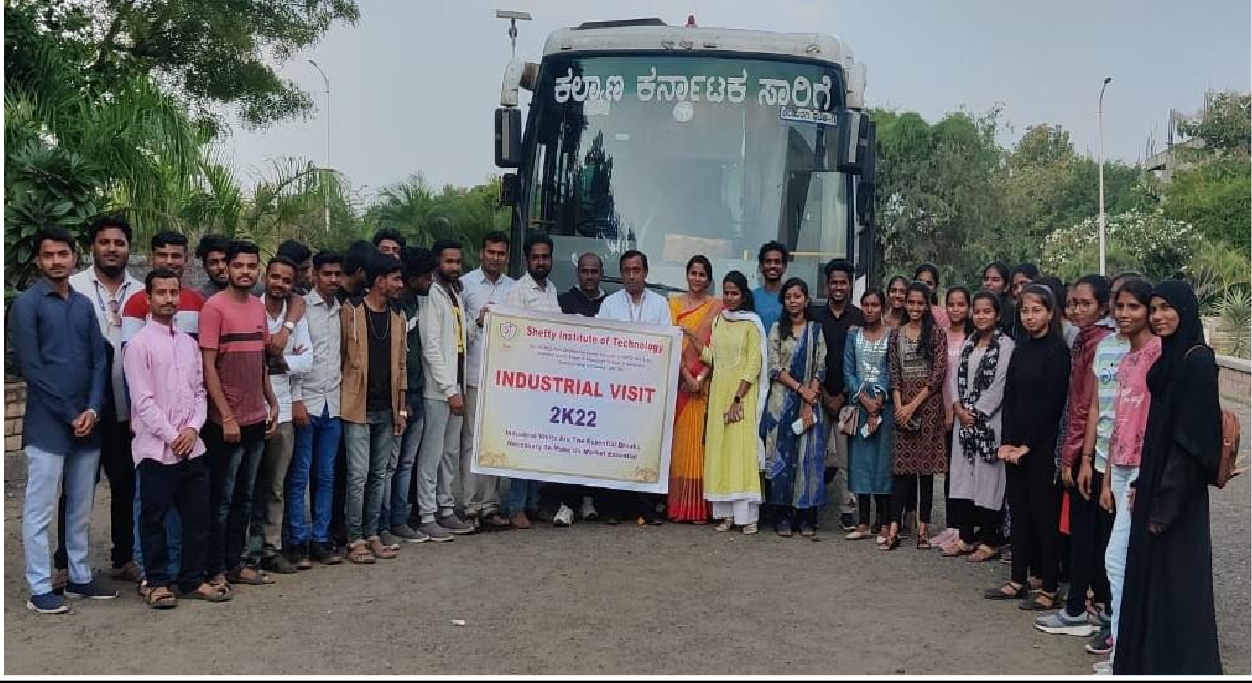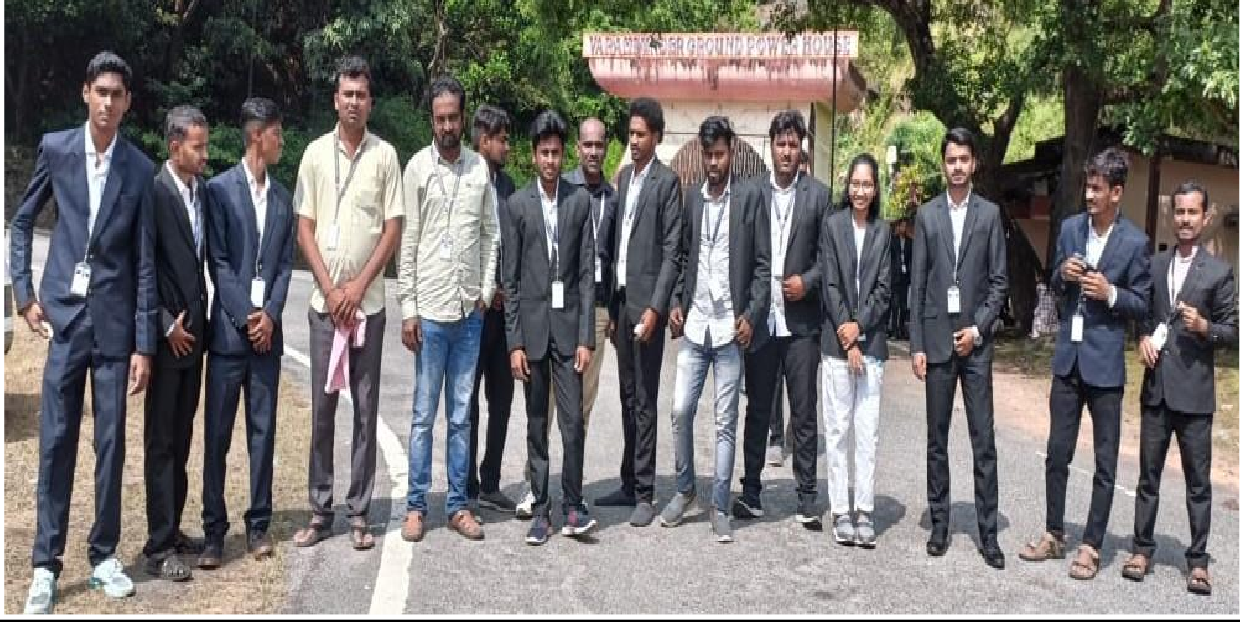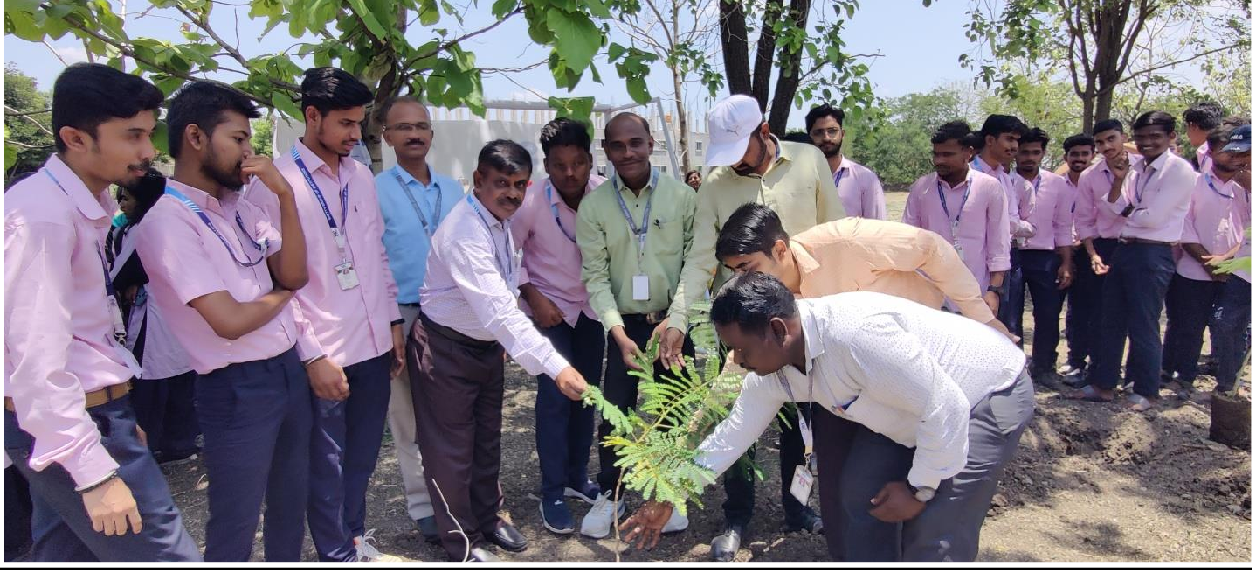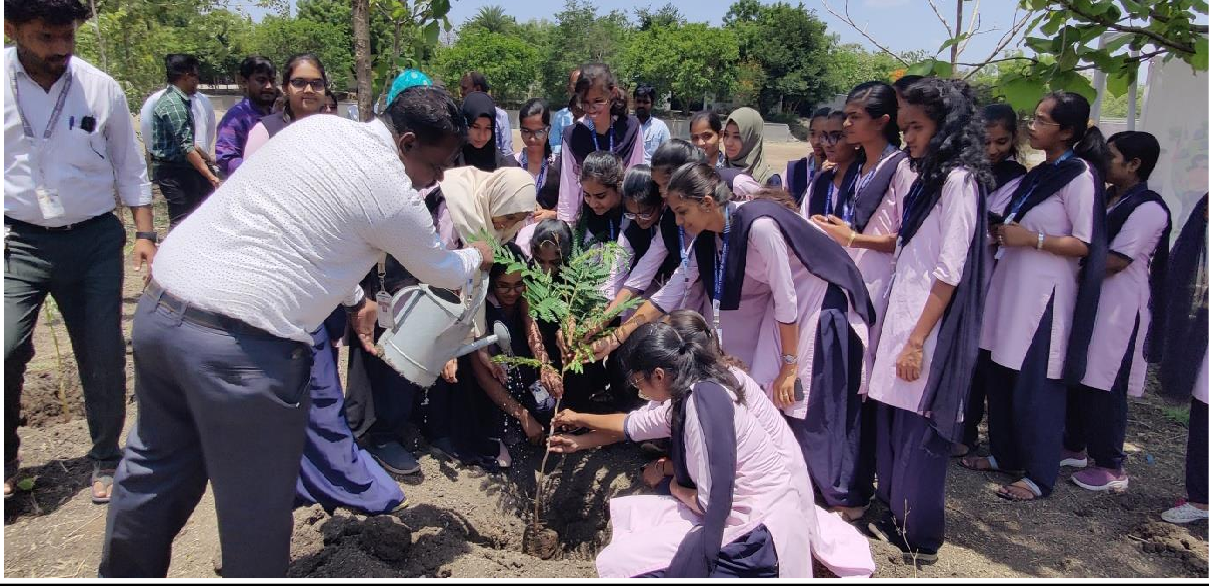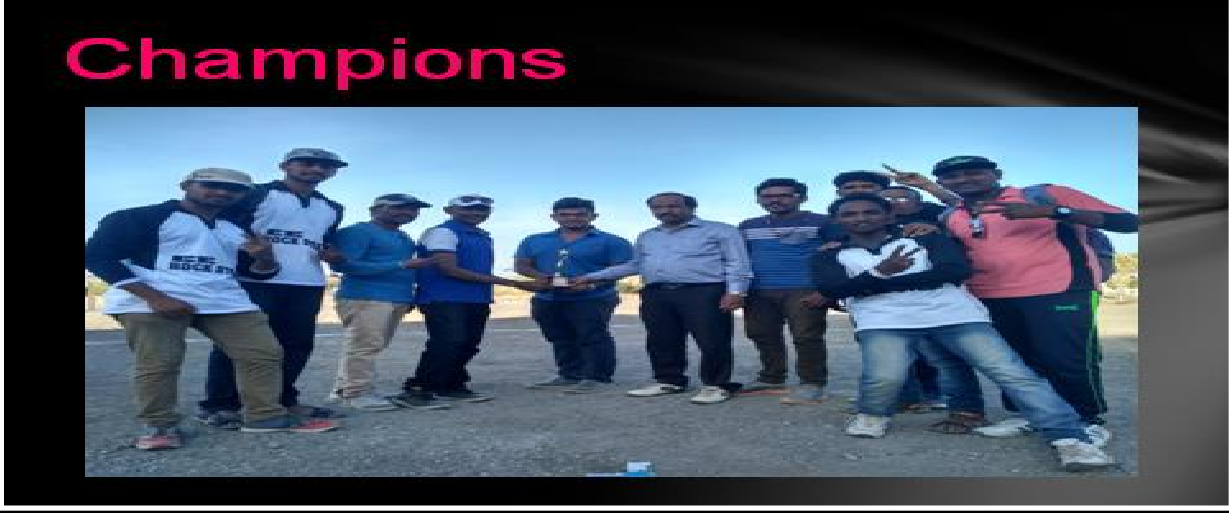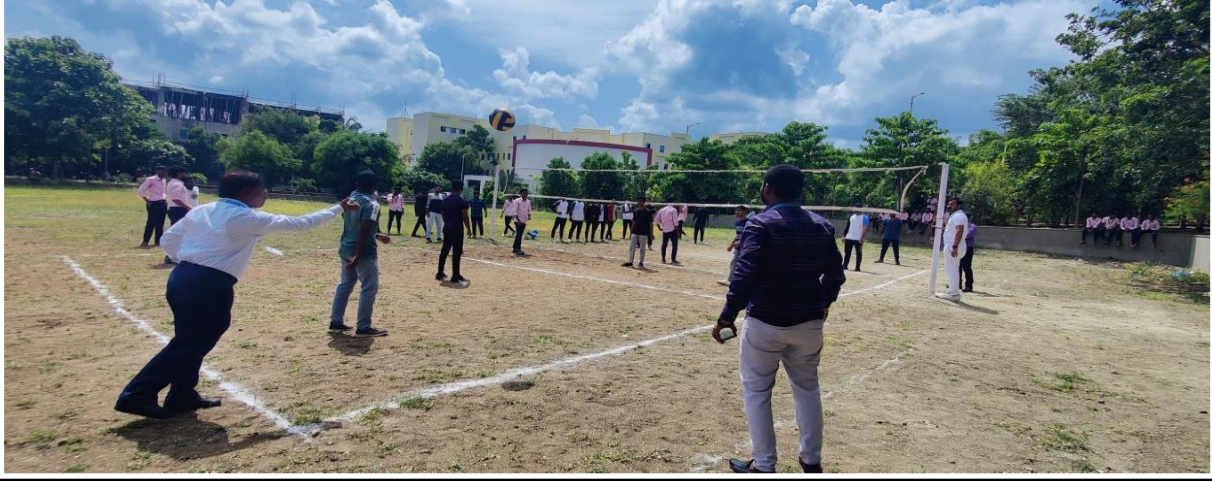Department of Electrical & Electronics
Engineering
The department is witnessing a period of exciting growth and opportunity propelled by the growth of technology and its recognition through excellence.
Department of Electrical Engineering at SIT is established in the year 2011. Offering a comprehensive four-year Bachelor of Engineering program, the department provides a well-rounded education that includes core courses, department electives, technical seminars, laboratory experiments, and projects.
The curriculum is designed to offer students of exposure to various concepts in Electrical and Electronics Engineering (EEE), such as Microcontrollers, Power Electronics and Power Systems, Control Systems, and Embedded Systems. This allows students to tailor their education to their interests and career goals.
Faculties regularly publish in peer-reviewed journals of the highest international repute speaks to the academic rigor and quality of the department. This engagement in research likely benefits faculty and students, enriching the learning experience and keeping the curriculum up-to-date with the latest advancements in the field.
Our Vision
“ The Department of Electrical and Electronics Engineering strives to be a Centre
of Excellence in Electrical Engineering in producing competent Engineers. ”
Our Mission
1) Adopt good teaching and learning methods
2) Ensure competency in the emerging technologies
3) To be accountable through self-evaluation and continuous improvements
- PO 1
Graduates will have a successful technical or professional careers, including supportive and
leadership roles on multidisciplinary teams. - PO 2
Graduates will be able to acquire, use and develop skills as required for effective
professional practices. - PO 3
Graduates will be able to attain holistic education that is an essential prerequisite for being
a responsible member of society.
Laboratory Details
Sl.no | Name of the Lab | Carpet area (Sq mts) | List of Major Equipments | No. of Systems |
1 | Lab 1: (ECA,AEC) | 110 | CRO,Function generator,Bread Board,Resistor,Capacitor,Induct or, | 05 |
2 | Lab 2: ( CS,PE,PSS) | 110 | Power Electronics Trainer Kit,Computers ( CPU, Monitor,Keyboard, Mouse), UPS | 05 |
3 | Lab 3: (TG,HV) | 150 | Ammeter,Voltmeter,Wattm eter,Machine setup Panel,HV breakdown setup | 05 |
3rd Sem:
- Electric Circuit Analysis (BEE302)
- Analog Electronic Circuits ( BEE303)
- Transformers and Generators lab (BEEL305)
5th Sem:
- Power Electronics Laboratory (21EEL55)
- Control Systems (21EE52)
7th Sem:
- PSS laboratory (18 EEL76)
- Relay & HV lab (18 EEL77)
| Dr. TS Vishwanath | Mtech , PhD | Proffessor & HOD | |
| Mr.Gururaj | BE ,Mtech | Assistant Proffessor | |
| Mrs.Shilpa | BE ,Mtech | Assistant Proffessor | |
| Mr. Dattatreya | BE ,Mtech | Assistant Proffessor | |
| Mr.Kiran H | BE ,Mtech | Assistant Proffessor | |
| Mrs.Sujatha | BE ,Mtech | Assistant Proffessor | |
| Mrs.Vandana | BE ,Mtech | Assistant Proffessor | |
| Miss Deeksha | BE ,Mtech | Assistant Proffessor | |
| Mrs.Sneha Jhadhav | BE ,Mtech | Assistant Proffessor | |
| Mr.Vishwanath K | BE ,Mtech | Assistant Proffessor |
Department of Electrical and Electronics Engineering
The Department of Electrical Engineering is started in 2011, since its inception. The department offers four year Bachelor of Technology (BE) program (comprising of eight semesters).
BE in Electrical & Electronics Engineering at SIT is one of the best rated undergraduate engineering Programs. The curriculum of BE program comprises of core courses, department elective courses, technical seminars, experiments in laboratory, projects etc. The program offers sufficient flexibility so that the students can undertake various elective courses that provide exposure in various disciplines of EEE such as Microprocessors and VLSI design, Power Electronics and Power System, Control System and Embedded Systems. Members of faculty regularly publish in peer reviewed journals of highest international repute.
Our Vision
“ The Department of Electrical and Electronics Engineering strives to be a Centre of Excellence in Electrical Engineering in producing competent Engineers. ”
Our Mission
- -Adopt good teaching and learning methods
- -Ensure competency in the emerging technologies
- -To be accountable through self-evaluation and continuous improvements
- PO1
Graduates will have a successful technical or professional careers, including supportive and leadership roles on multidisciplinary teams.
- PO2
Graduates will be able to acquire, use and develop skills as required for effective professional practices.
- PO3
Graduates will be able to attain holistic education that is an essential prerequisite for being a responsible member of society.
Analyze, Model, Test and provide engineering solutions in the areas related to electric drives, control and power systems.
Apply fundamentals of electrical engineering to simulate and develop electrical and electronic systems using MATLAB, PSPICE tools.
Engineering knowledge
Problem analysis
Design/development of solutions
Conduct investigations of complex problems
Modern tool usage
The engineer and society Environment and sustainability
Ethics
Individual and teamwork Communication
Project management and finance Life-long learning

